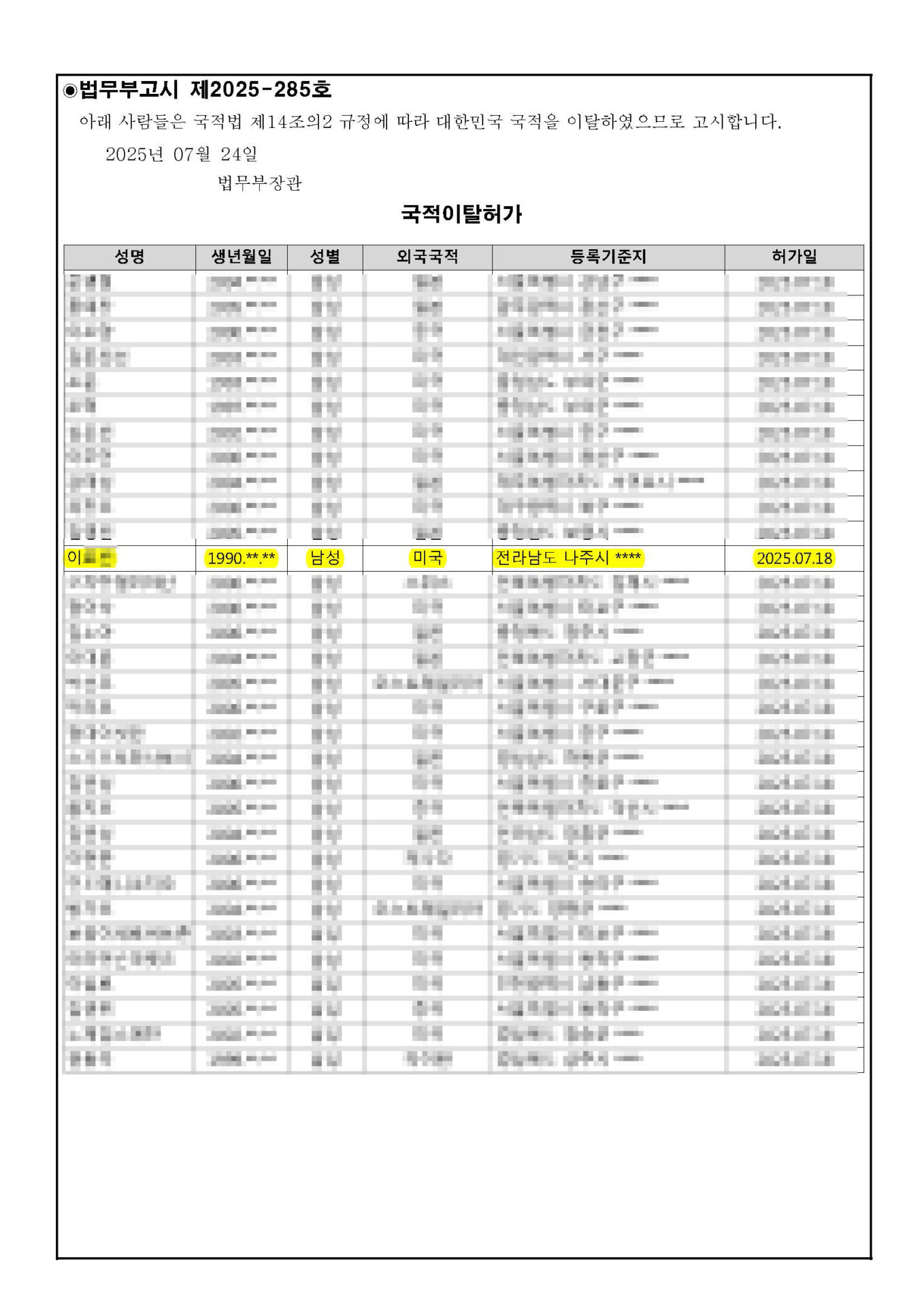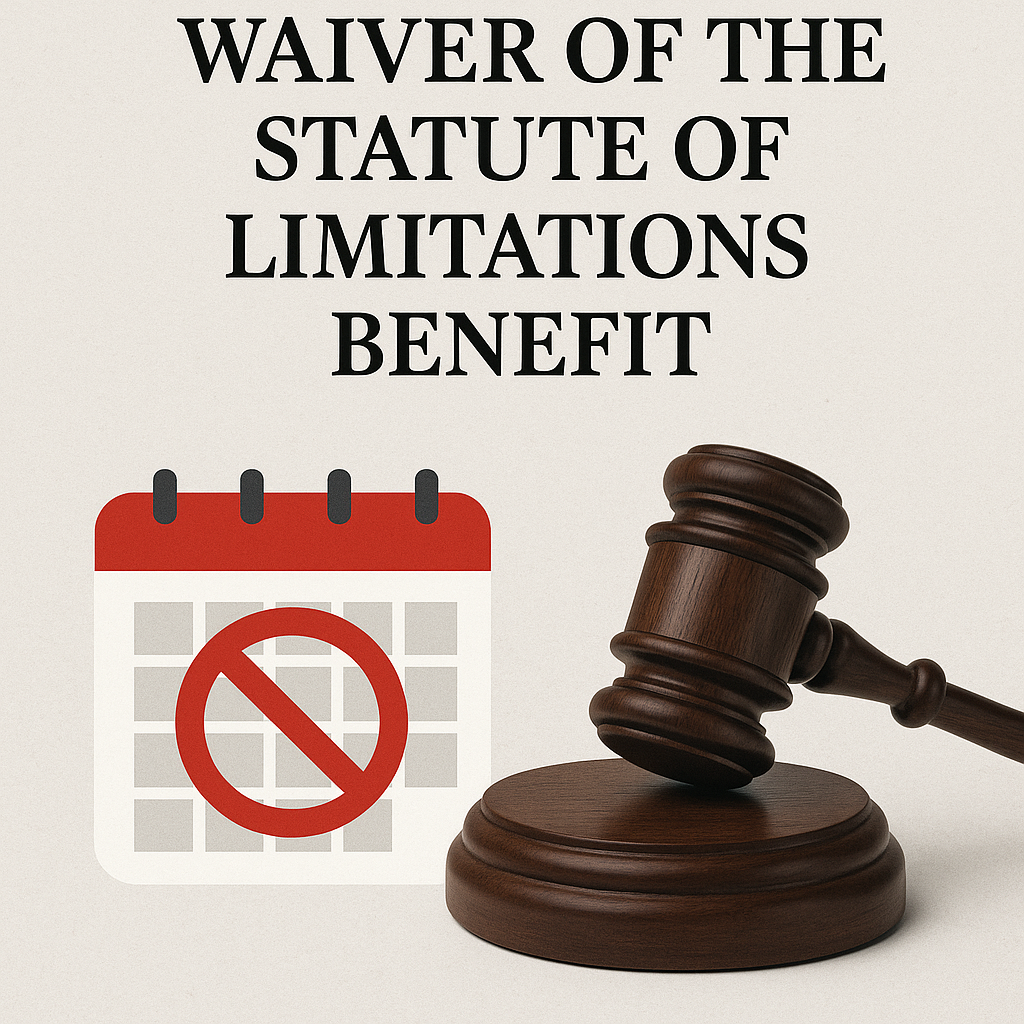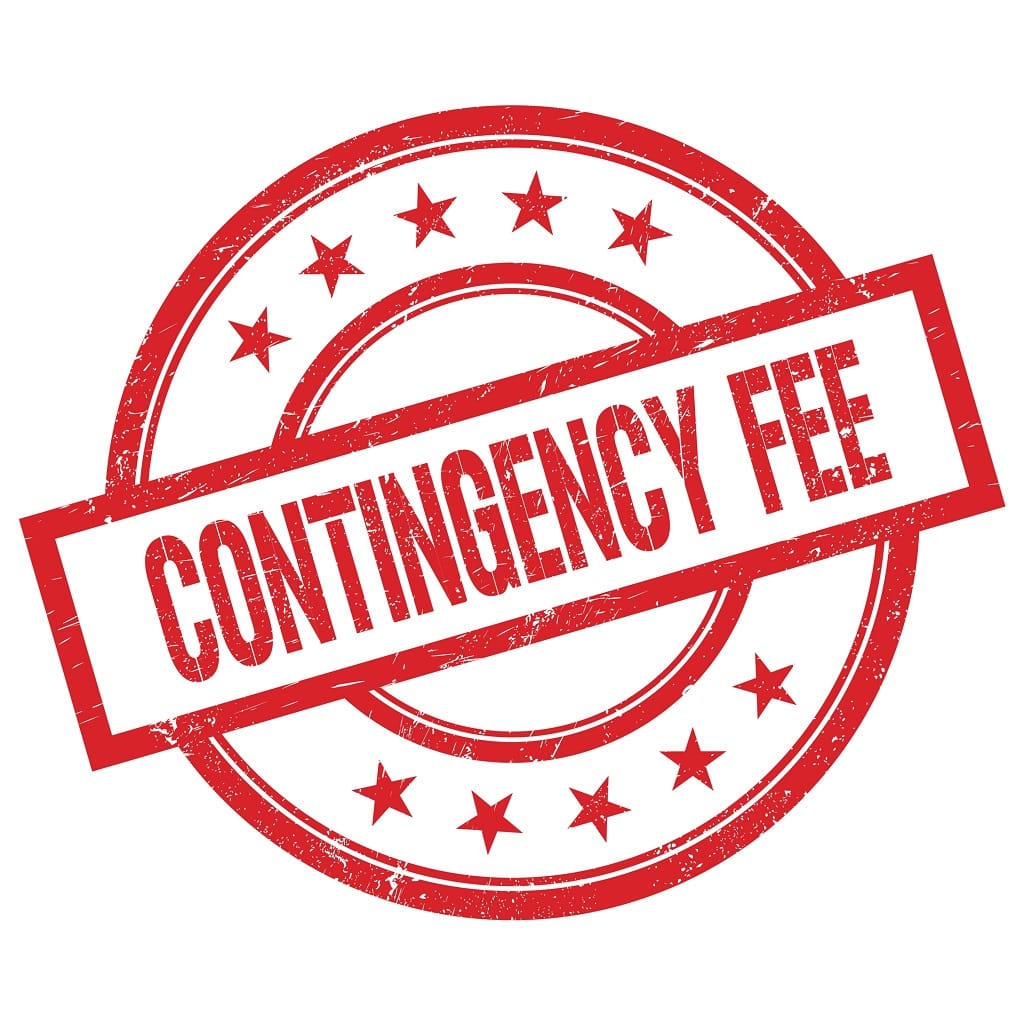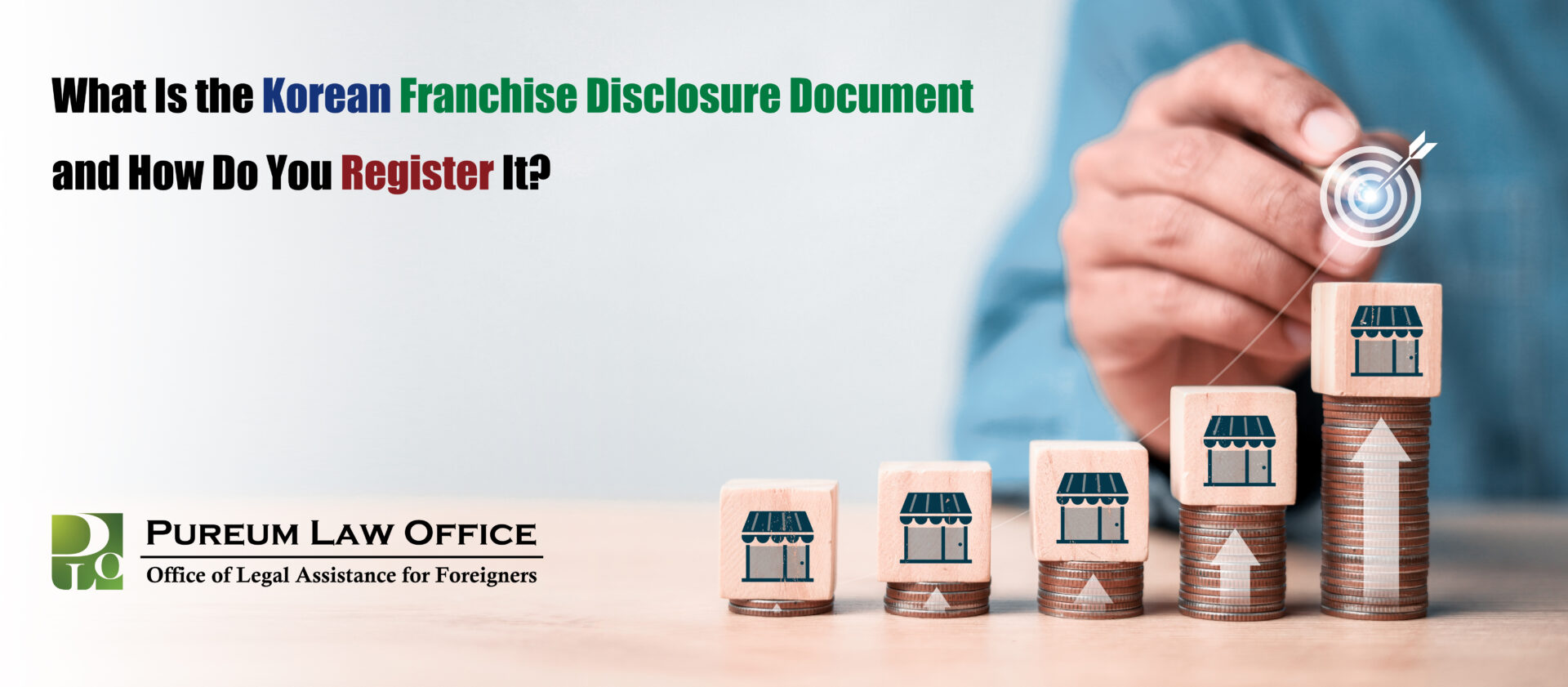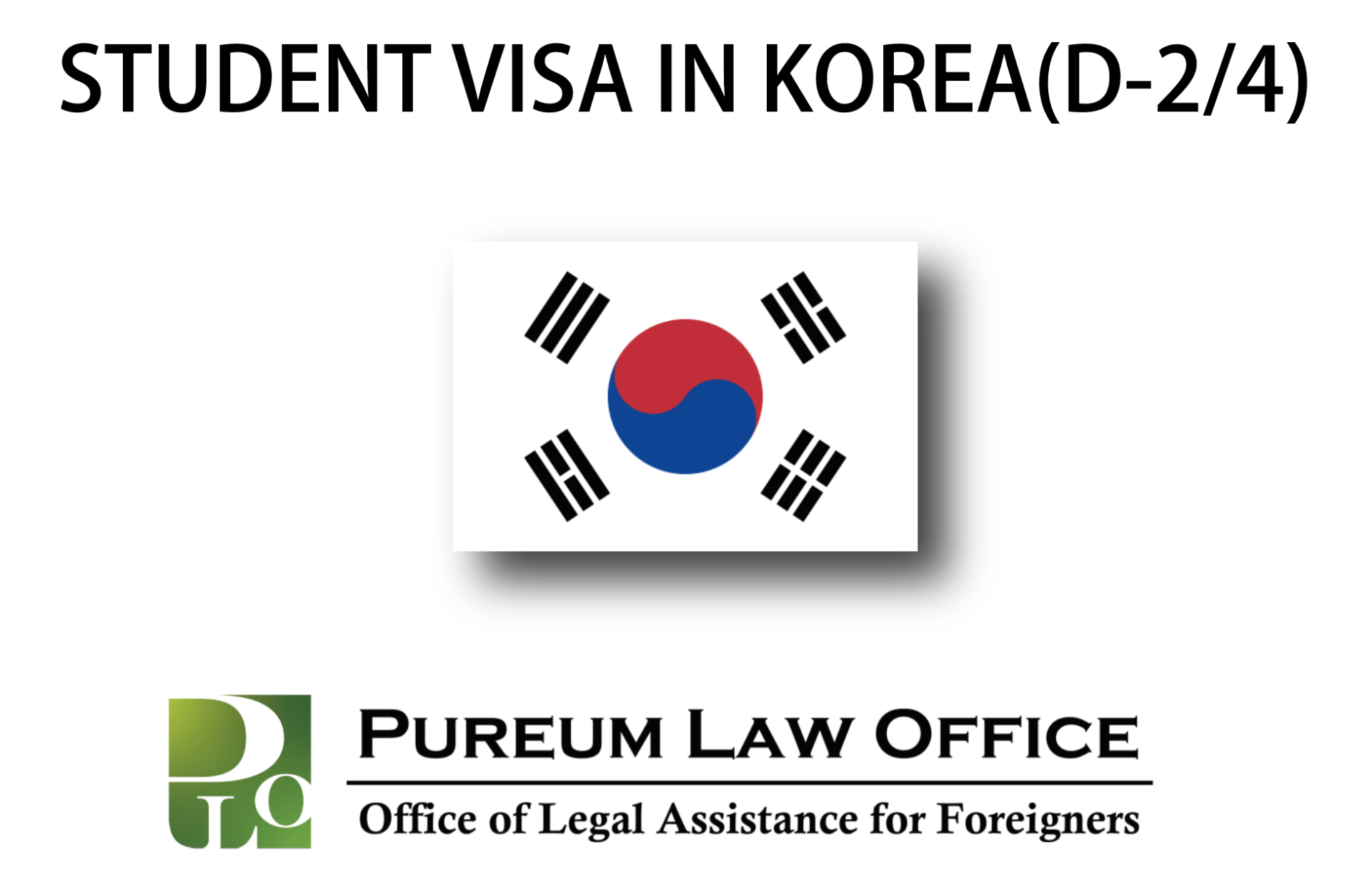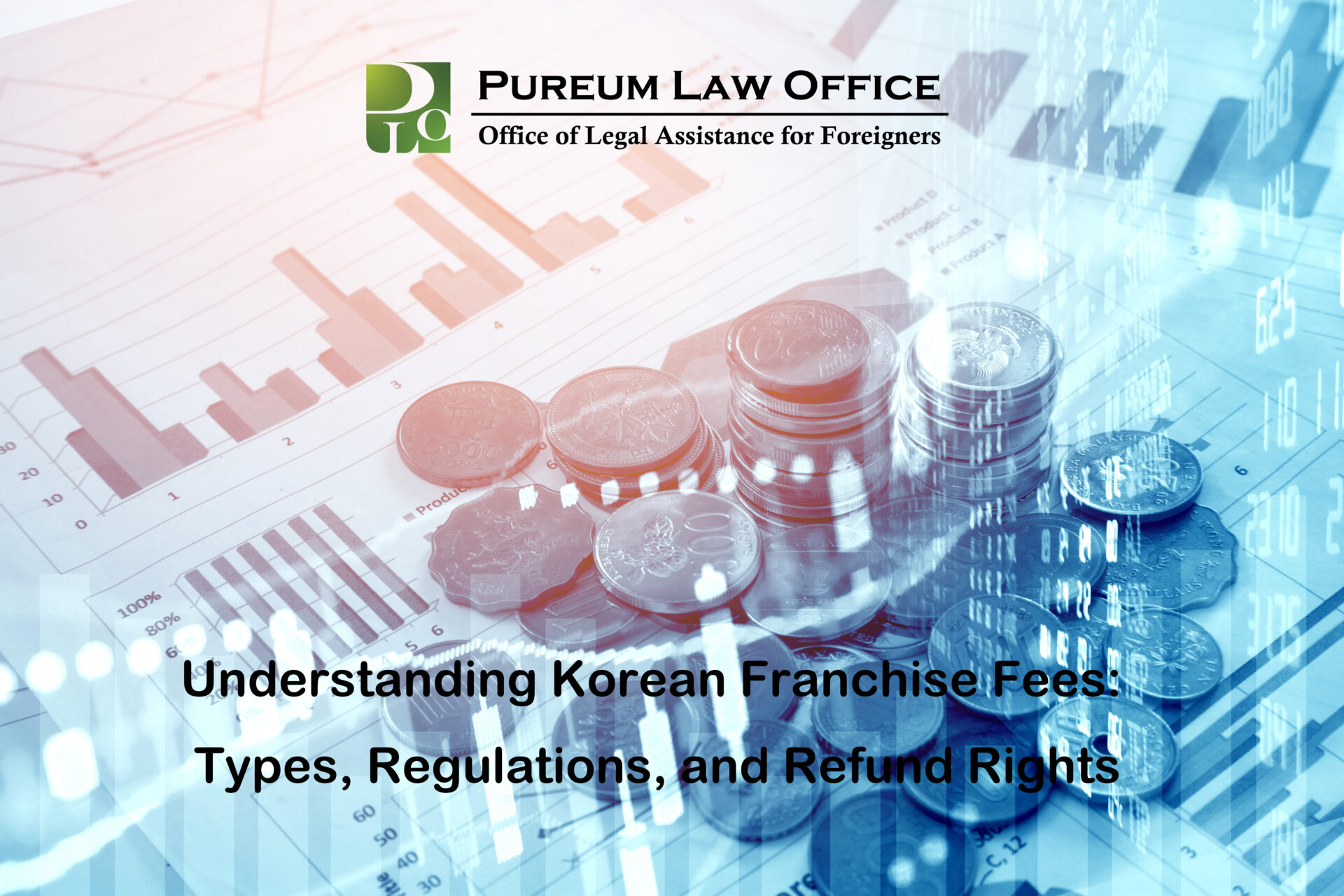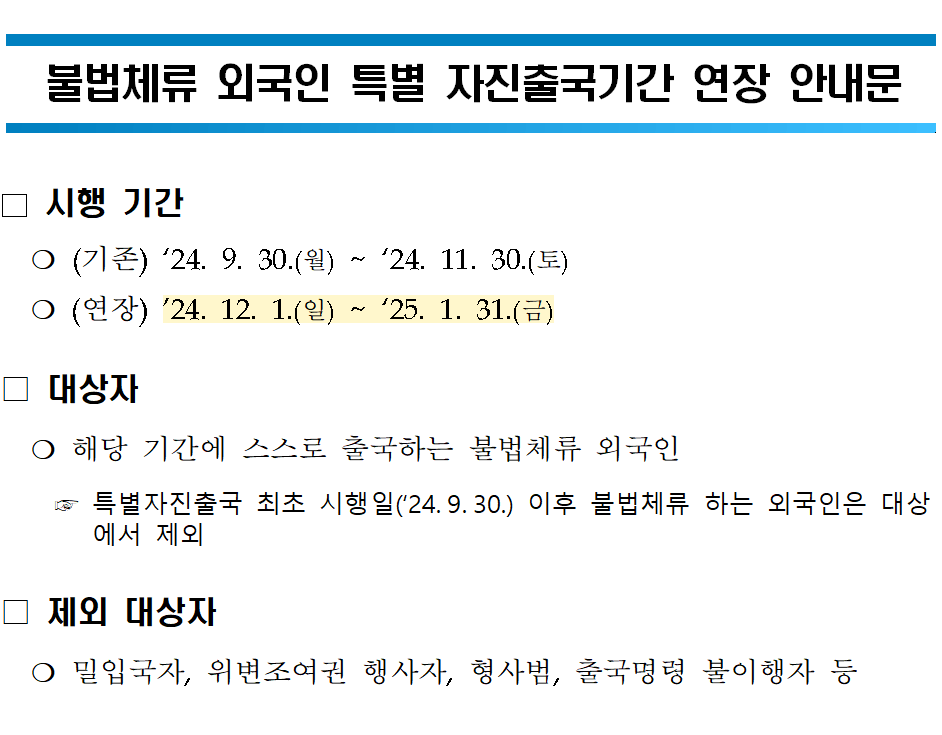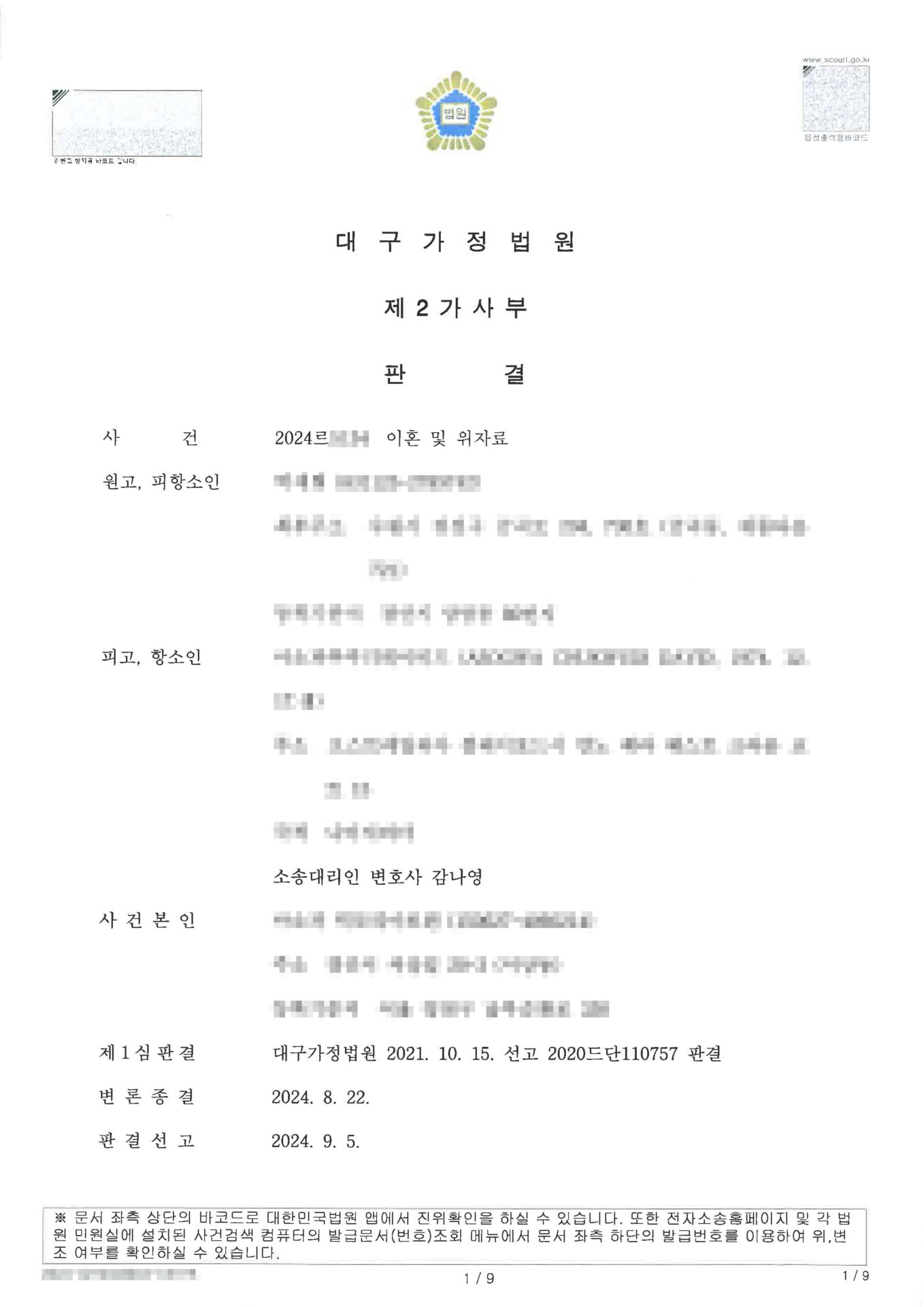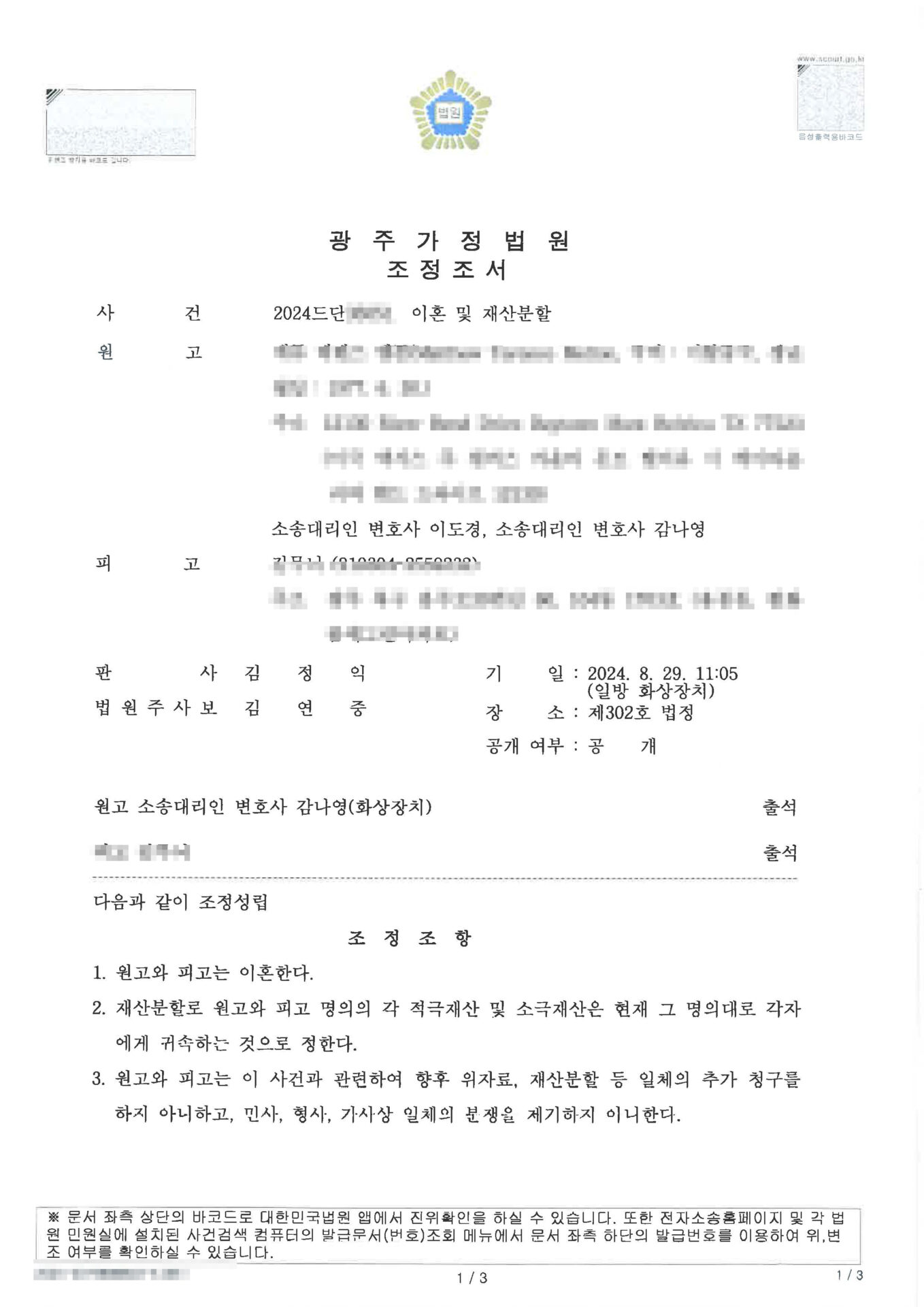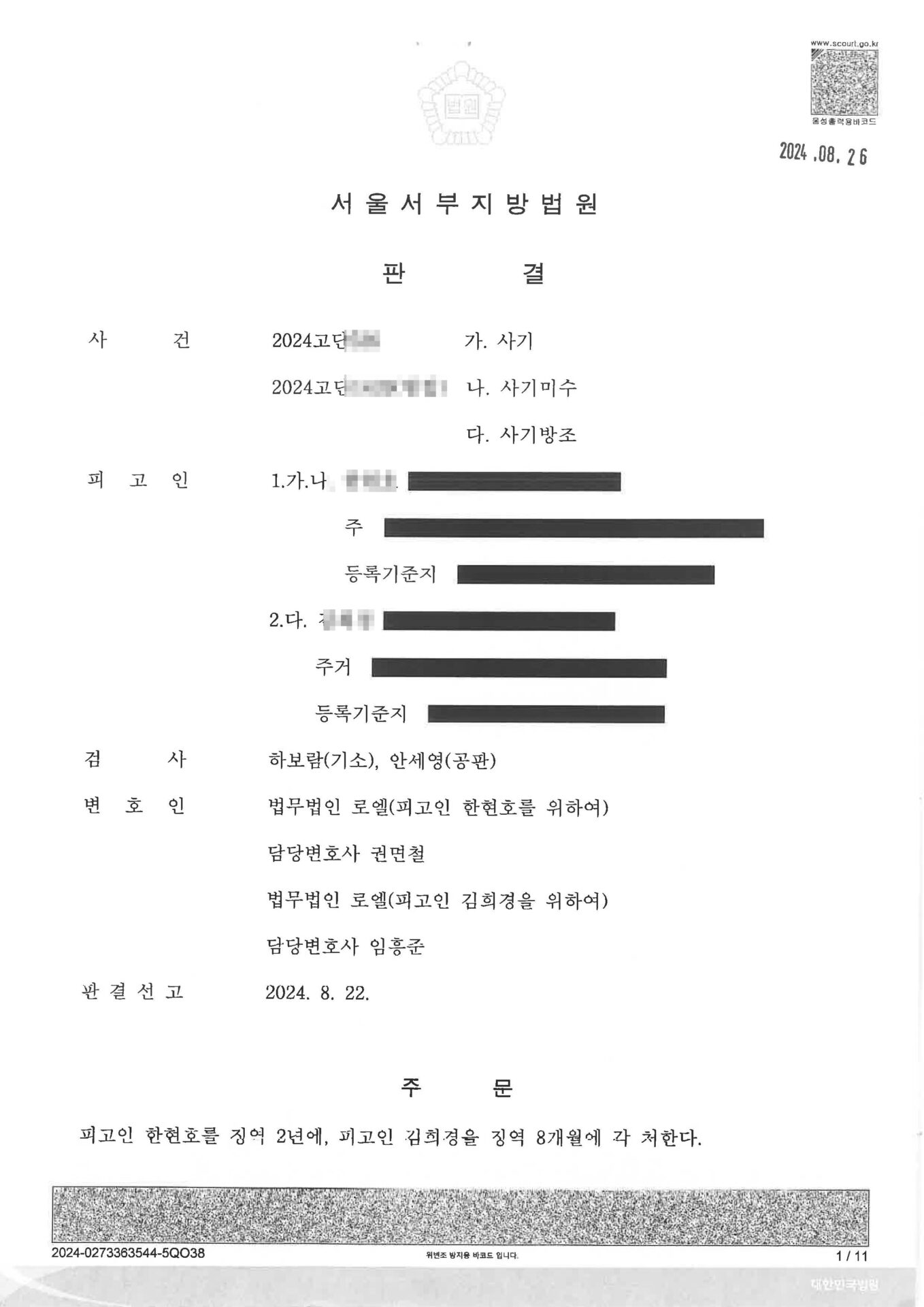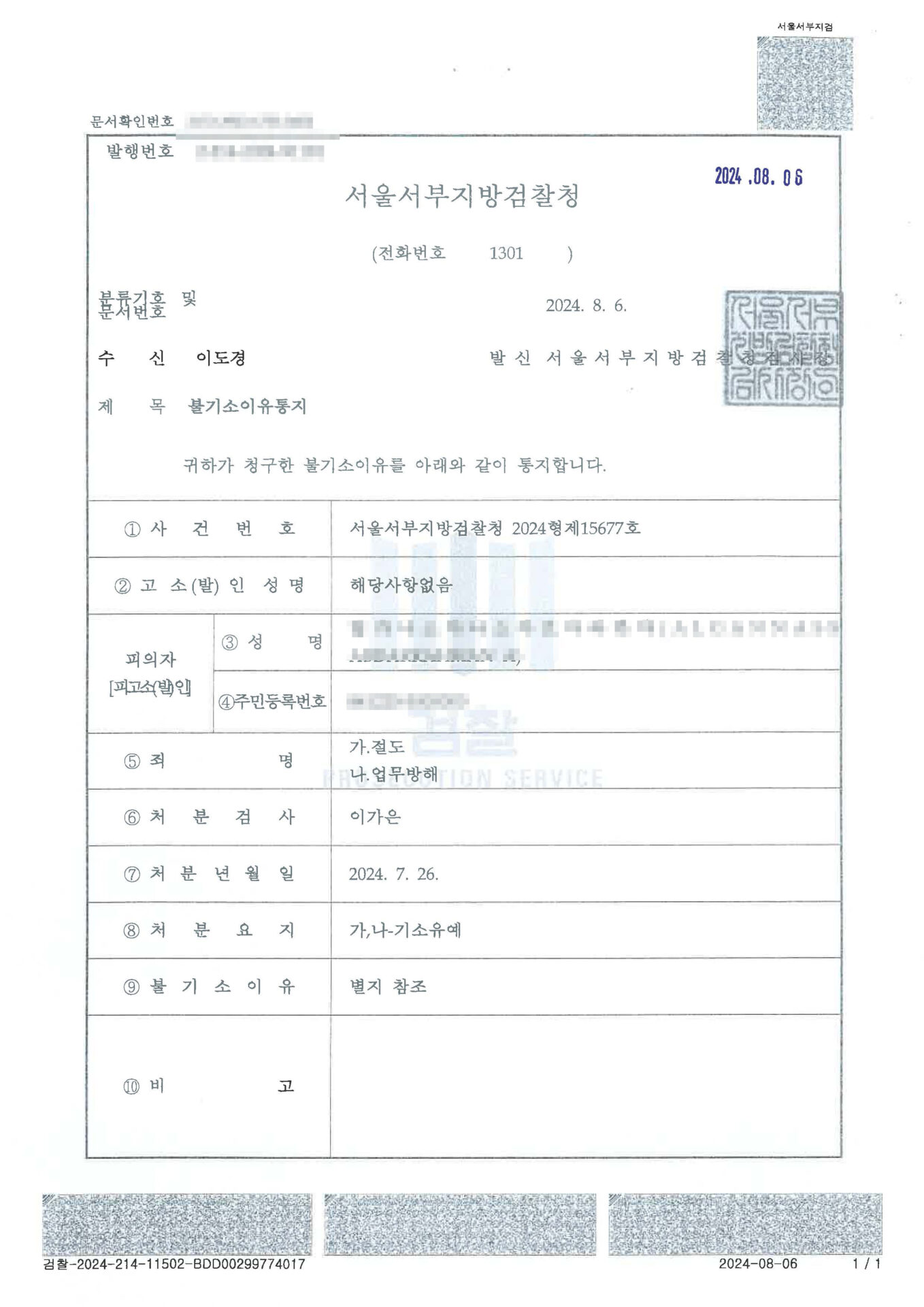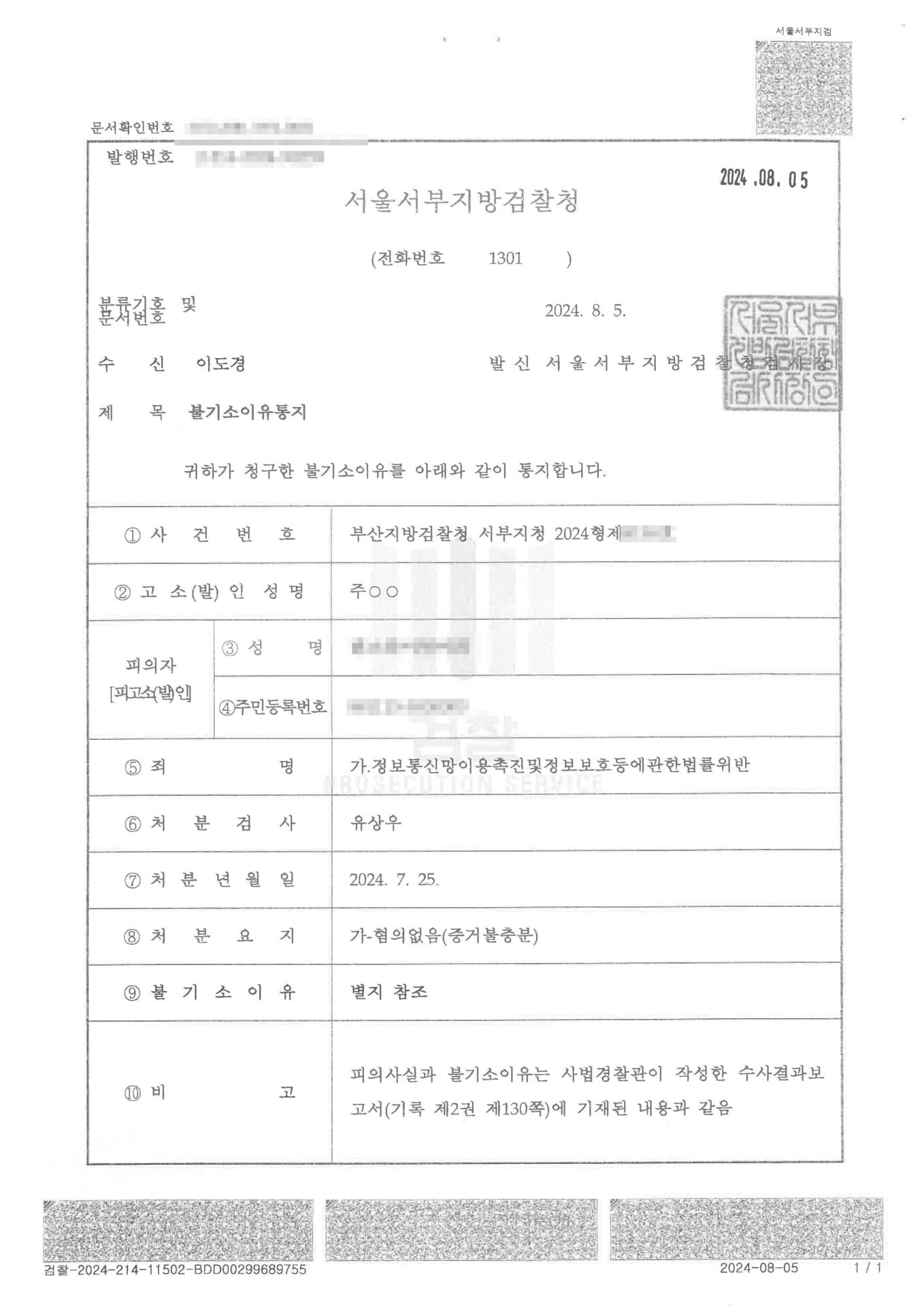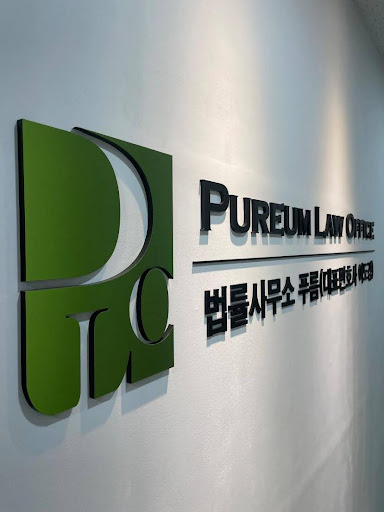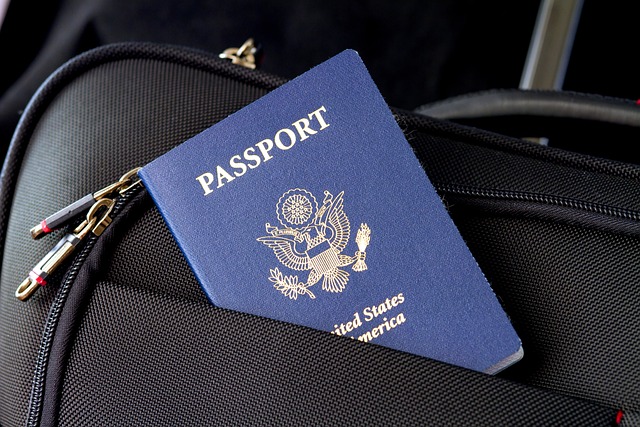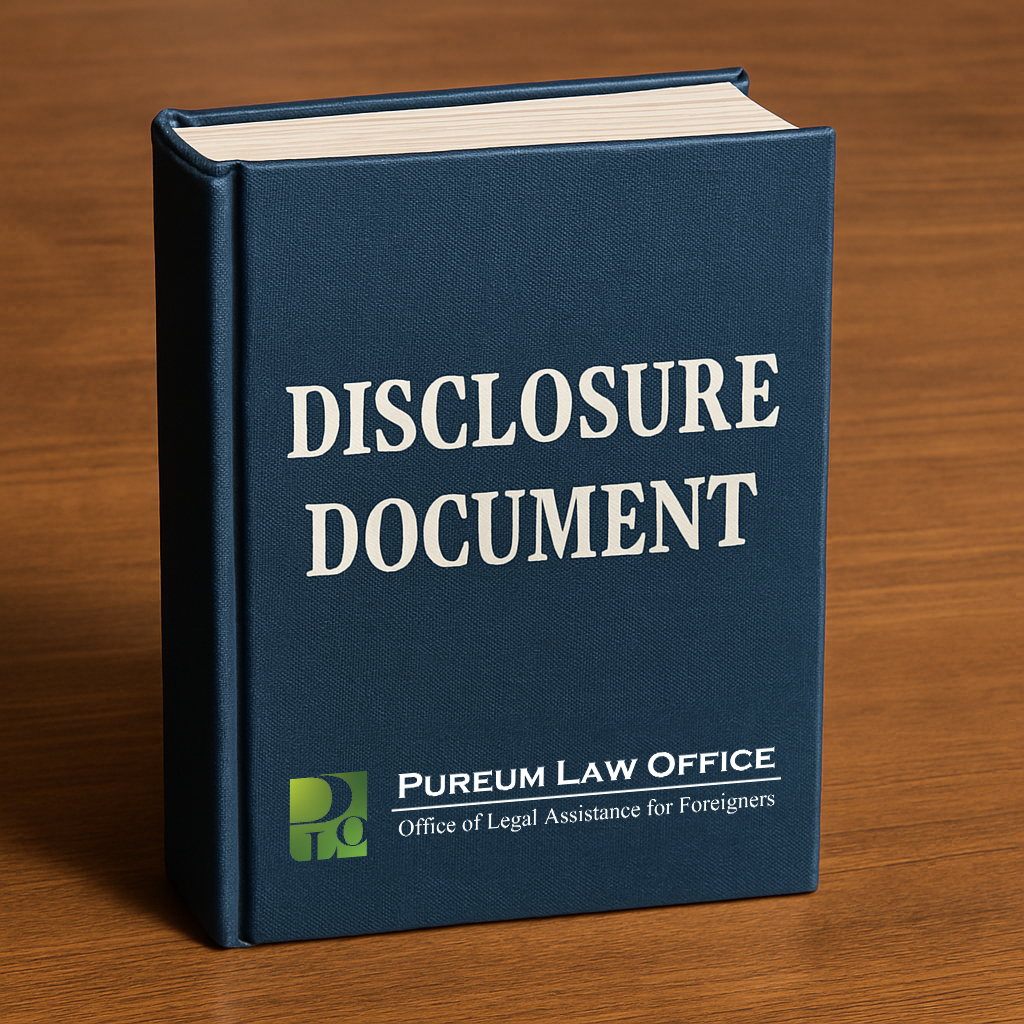
Why Failing to Register a Disclosure Document Is Risky
Starting a franchise business in Korea involves more than a brand and a business model—it also involves strict legal requirements. Among them, registering a disclosure document before offering or signing any franchise agreements is one of the most critical obligations under the Fair Transactions in Franchise Business Act (commonly known as the Franchise Act).
Unfortunately, many business owners either overlook this requirement or delay it, thinking it’s a minor procedural matter. But as a 2021 legal case ([2021Gajo1739]) shows, failure to register a disclosure document before launching franchise operations can lead to serious consequences, including sanctions from the Fair Trade Commission (FTC) and liability for damages to franchisees.
Let’s explore what happened in this case—and what it means for your business.
What Is a Franchise Business?
Under Article 2 of the Franchise Act, a franchise business exists when:
- The franchisor allows the franchisee to use its brand, such as a trademark or service mark;
- The franchisee sells goods or services based on the franchisor’s standards or know-how;
- The franchisor provides training, support, or operational guidance;
- The franchisee pays a fee (called a franchise fee) in return.
If your business checks these boxes, you are legally operating a franchise—even if you didn’t intend to. And that means the law applies to you.
Case Summary: Franchise Launched Without a Registered Disclosure Document
In the case of “Company A,” the business began allowing others to operate under its brand “B” starting in March 2018, offering piano and art-related educational services. The company provided teaching methods, training, and necessary materials, and in return, received fees from the franchisees.
However, it wasn’t until April 2, 2020—over two years later—that Company A registered its disclosure document with the Seoul Metropolitan Government. This delay violated the Franchise Act, which requires registration before any franchise agreements are offered or signed.
The Fair Trade Commission concluded that Company A had clearly operated a franchise and imposed corrective measures, including mandatory legal training for the franchisor.
Legal Obligation: Registering the Disclosure Document
Article 6-2 of the Franchise Act requires franchisors to register a disclosure document with the FTC or the appropriate local government before engaging with prospective franchisees. This document outlines key business information that protects potential franchisees from unfair practices or lack of transparency.
Since a 2007 amendment, the law has become stricter: you can no longer provide the disclosure document only upon request—it must be pre-registered, reviewed, and approved.
If the disclosure document is inaccurate, incomplete, or lacking a sufficient track record (e.g., operating a direct store for at least one year), registration can be denied.
Why This Matters for Franchisors
Many small business owners unknowingly violate the law by starting franchise activities without realizing it—or by thinking the rules are too much of a hassle. But the consequences are real and costly:
- Regulatory penalties from the Fair Trade Commission
- Disclosure obligations: Regulatory actions must be disclosed in the document for 3 years
- Civil liability: Franchisees may seek damages caused by improper disclosure or lack of registration
Choosing to skip the process to save time or money can end up costing far more in the long run.
How to Register a Disclosure Document
There are two main ways to register a disclosure document:
- Hire a professional: Franchise attorneys or certified franchise agents can assist with preparation and submission.
- Do it yourself: While more involved, it can help you reflect on your franchise system, such as required equipment, training frequency, business hours, and operational guidelines.
The Fair Trade Commission provides a standardized template for disclosure documents on its website. Be sure to use the most updated version and check for changes regularly.
👉 Visit the FTC’s Franchise Business Portal
Let Us Help
If you’re unsure whether your business qualifies as a franchise, or if you need guidance on disclosure document registration, we’re here to help. At Pureum Law Office, we provide clear, practical advice tailored to your unique business.
📩 For questions or consultations, email us at ask@pureumlawoffice.com.
Let us help.




























